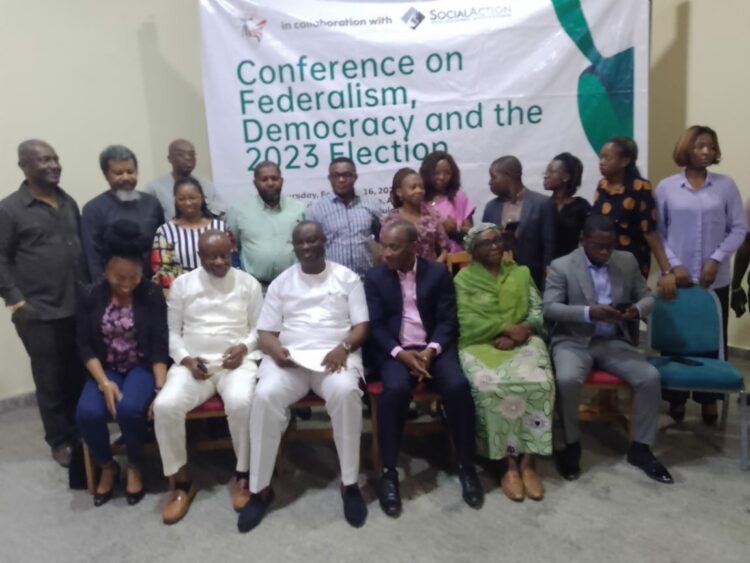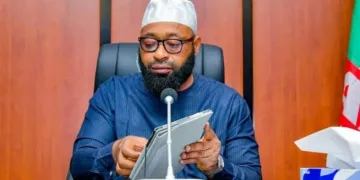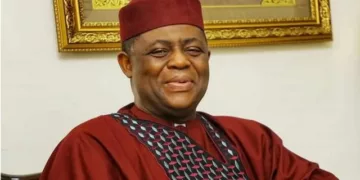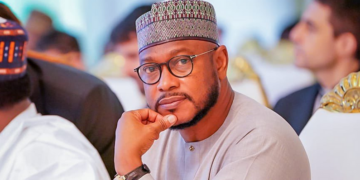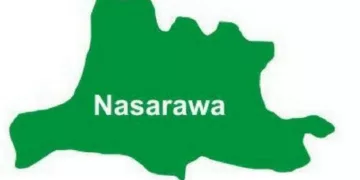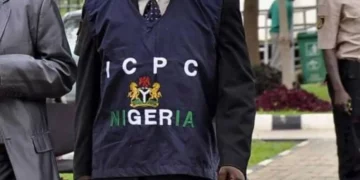Stakeholders in the civil society space, academia, youths and media have called on the next president of Nigeria to set a national conscious agenda and implement true federalism to address the nation’s woes.
The director of the Abuja School of Social and Political Thoughts, Dr Sam Amadi in a keynote address said lack of national identity, ethnicity and religion may mar the outcome of 2023 elections unless Nigerians organise and wrest power from the elitist class.
He stated this at the conference on federalism, democracy and 2023 elections organised by the African Centre for Media and Information Literacy (AFRICMIL) in collaboration with Social Development Action in Abuja.
He said though Nigeria was not yet a failed state, it was already showing symptoms of a failed state and needed urgent national consciousness to avert it.
He said only a true federalism could mitigate the challenges faced by the nation, adding that failure of the 2023 election will not be an exception following the country’s past.
“The way forward is Nigerians first to acknowledge that their country is not working, and it is not working because of fundamental problems, crisis from its foundation till now. Second for Nigerians to develop the courage to think differently, you don’t have to be doing the same thing all the time, so they can consider how they can do things differently, what is the problem and then develop the political will through political organising, the type we are seeing in this election.
“To deepen the engagement with political issues, ask the right questions and take courage in and put in authority persons who think like they do, understand these problems and are willing to do something to solve the problem.
Don’t allow people who have no incentive to solve the problems to come to power, there is no way they can run away from politics, you have to organize, win power and push the ideas that can change the country.
“We have a politics that is focused on acquisition for self and for group not for national development, the problem is that the country was designed to serve colonial interest and after the colonial interest, it is now designed to serve group, personal and ethnic interest of individuals who organize ethnically to win power for themselves. “
Earlier in his welcome address, the coordinator AFRICMIL, Chido Onumah said although some form of federation seems to be surviving in Nigeria, there continues to be debate on the nature, structure and future of Nigerian federalism.
“In the past, the demand for ‘true federalism’ emanated from ethnic nationalities, including ethnic minorities, who demanded a sovereign national conference. This demand met with fierce opposition from controllers of state power at the centre and the hegemonic elite of ethnic nationalities whose fortunes are favoured by the skewed federalism that exists in Nigeria,” he noted.
He said the recent call for the review of Nigeria’s undefined true federalism has made the debate complex.
A panelist, Mr Dahiru Majeed said Nigeria’s federal system was constructed on a flawed structure based on ethnicity and religion, adding that the nation should advocate for freedom of religion but not extraneous laws.
He stressed that the next president must set a national agenda and reject state sponsorship of religious activities.
Another panelist, Comrade Hauwa Mustapha said Nigeria’s lack of a national identity was deepening its crisis of federalism.
She said Nigeria’s ruling class has no ethnic or religious face and therefore called on Nigerians to mobilise and participate actively in politics in order to change the system.


